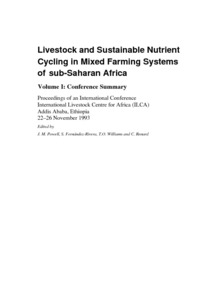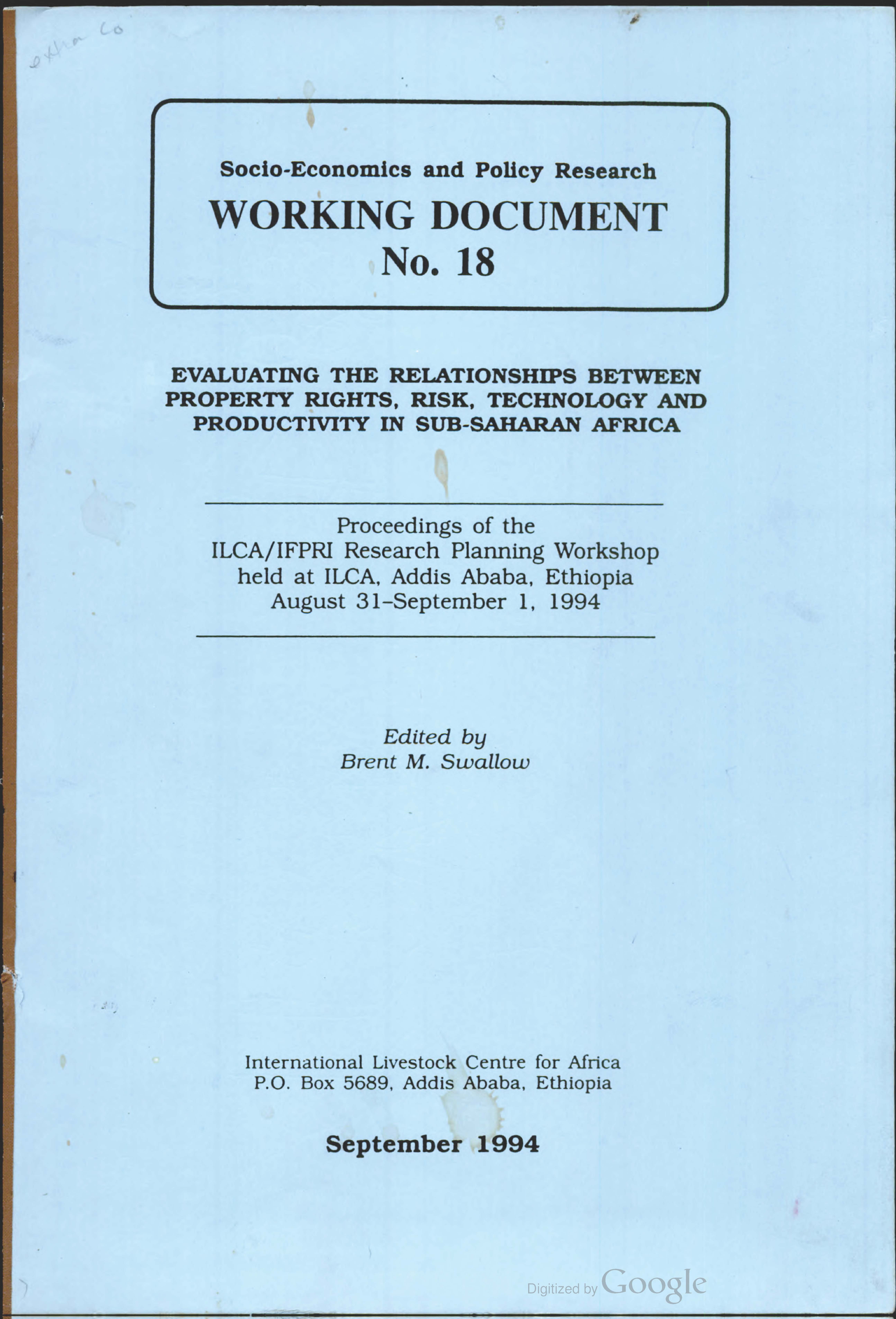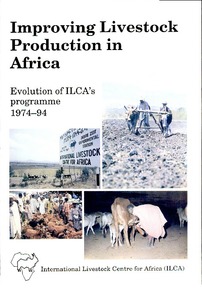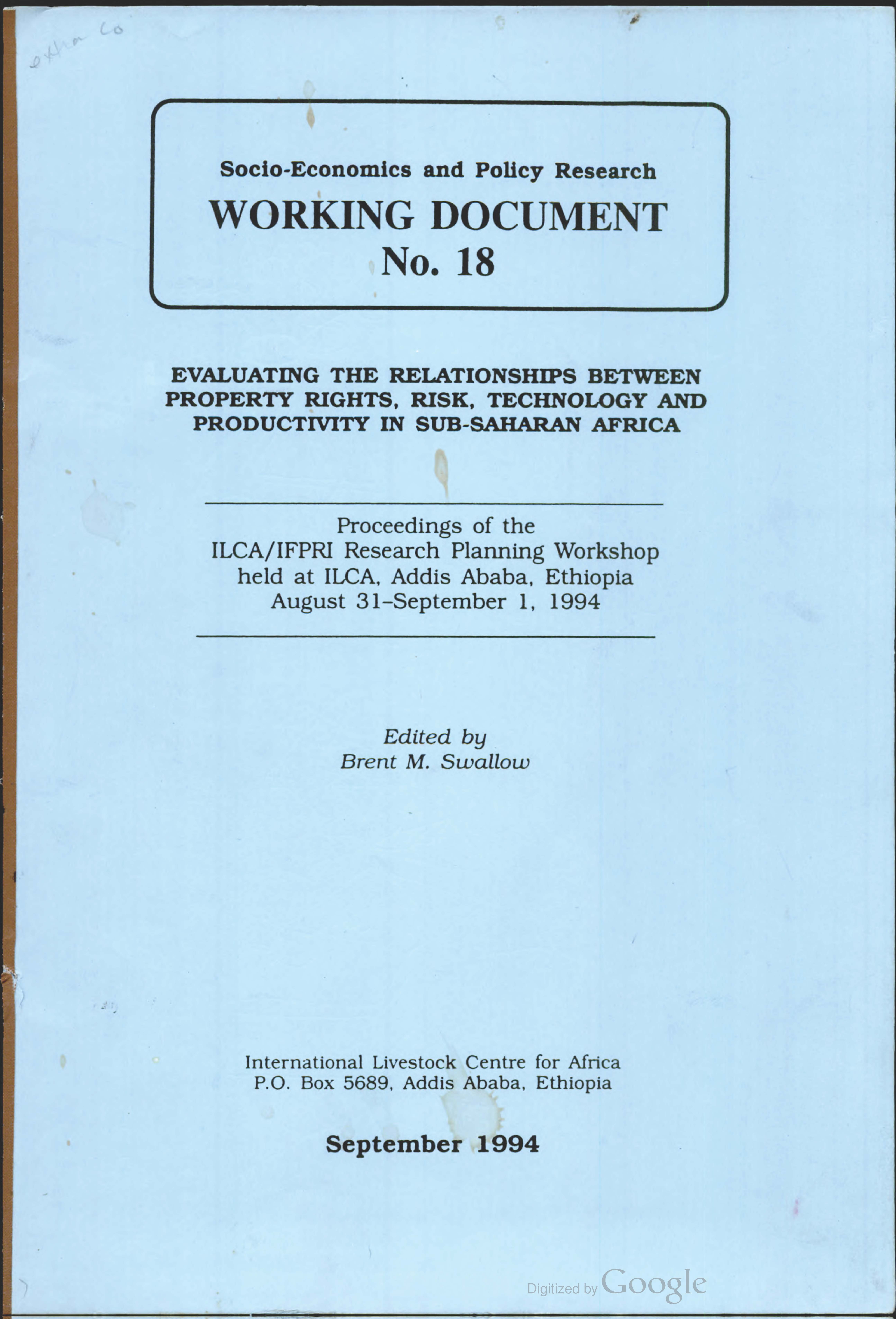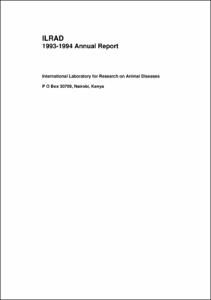Location
Vision, mission and strategy
ILRI's strategy 2013-2022 was approved in December 2012. It emerged from a wide processof consultation and engagement.
ILRI envisions... a world where all people have access to enough food and livelihood options to fulfil their potential.
ILRI’s mission is... to improve food and nutritional security and to reduce poverty in developing countries through research for efficient, safe and sustainable use of livestock—ensuring better lives through livestock.
ILRI’s three strategic objectives are:
- with partners, to develop, test, adapt and promote science-based practices that—being sustainable and scalable—achieve better lives through livestock.
- with partners,to provide compelling scientific evidence in ways that persuade decision-makers—from farms to boardrooms and parliaments—that smarter policies and bigger livestock investments can deliver significant socio-economic, health and environmental dividends to both poor nations and households.
- with partners,to increase capacity among ILRI’s key stakeholders to make better use of livestock science and investments for better lives through livestock.
This is ILRI’s second ten-year strategy. It incorporates a number of changes, many based on learning from the previous strategy (2000–2010, initially produced in 2000 and modified in 2002), an interim strategy (2011–2012) and an assessment of the external and internal environments in which the institute operates.
Members:
Resources
Displaying 976 - 980 of 1152Livestock and sustainable nutrient cycling in mixed farming systems of sub-Saharan Africa. Volume I: Conference summary
This document summarises the major discussions, findings and recommendations of the conference convened by ILCA and its cosponsors to bring together national and international experts in livestock nutrition and management, ecology, agronomy, soil science and socio-economics to address fundamental issues of nutrient balances, agricultural productivity and the well being of the people, livestock and environment of sub-Saharan Africa.
Land tenure and agricultural productivity in Ethiopia
This research is being undertaken as an ILCA project with support from the Rockefeller Post-Doctoral Fellowship Programme. There are three objectives. One objective is very similar to that of the World Bank and Niger studies: to determine the effects of land tenure on investment, productivity and efficiency in crop-livestock systems in the Ethiopian highlands.
Improving livestock production in Africa: Evolution of ILCA's programme 1974-94
ILCA/LTC research on property rights and alley farming in West Africa
IITA developed alley cropping (also called hedgerow intercropping by ICRAF) in the mid 1970s to alleviate the problems of reduced soil fertility, reduced yields and soil erosion that were associated with population growth and reduced fallow periods. In the early 1980s this technology was adapted by ILCA to serve as a source of feed. On-farm research was conducted in two locations of South-West and South-East Nigeria. The locations differ in terms of population density, soil fertility, land tenure and typical farm layout.
ILRAD 1993/94 annual report
This report at first presents summary of a talk given at ILRAD. Following this, it discusses tickborne diseases particularly epidemiology and biology, parasite antigens with vaccine, vaccine development etc. The report also reviews trypanosomiasis and topics covered within parasite-host interaction, anemia and others. In addition, socioeconomics and environmental impact, cooperative programs, training and information, research support, etc are outlined in the report.


